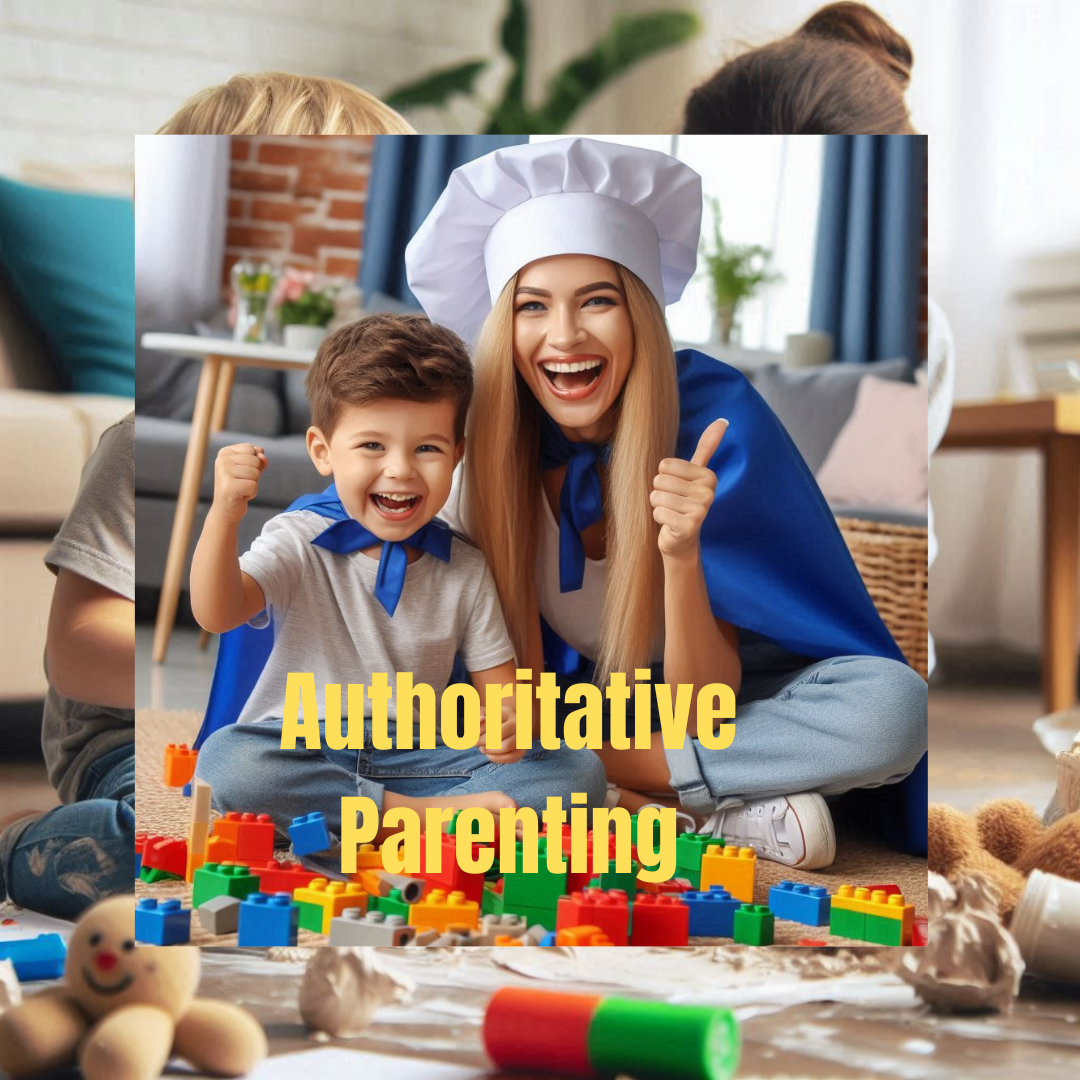Your basket is currently empty!
Category: Teen 12-18 Yrs
-

The Hidden Impact of Toxic Parenting and How to Avoid It
Toxic parenting involves harmful behaviors like excessive criticism, emotional neglect, verbal abuse, and manipulation, which negatively impact a child’s emotional and psychological well-being. It can lead to long-term consequences such as low self-esteem, anxiety, depression, and difficulty forming healthy relationships. However, toxic parenting can be avoided by practicing empathy, open communication, setting healthy boundaries, and…
-

The Problem with Forcing Kids to Say ‘Sorry’: A Better Way to Teach Remorse
As parents, caregivers, or educators, teaching children the importance of apologizing is an essential life lesson. Apologies are crucial for mending relationships, demonstrating empathy, and fostering accountability. However, many adults resort to forcing children to say “sorry” when they’ve hurt someone, behaved inappropriately, or broken a rule. While this might seem like an effective way…
-

Gen Z vs. Gen Alpha: The Evolution of Language in the Digital Age”
Gen Z and Gen Alpha are reshaping communication, each in unique ways. Gen Z’s language, driven by digital culture, memes, and social media, values authenticity, efficiency, and informality. Gen Alpha, growing up with advanced technology, leans even more on visual communication, using emojis, GIFs, and short-form videos. They are influenced by AI tools, voice technology,…
-

The Rise of Gen Z Language: Why It’s Popular and Where It’s Headed
Gen Z’s unique language is shaped by digital culture, cultural diversity, and a desire for authenticity. It features slang, emojis, memes, and abbreviations that convey meaning quickly and creatively, reflecting the fast-paced online environment. This language is becoming more visual, with emojis and GIFs often replacing words, and it’s starting to influence professional spaces as…
-

The Four Essential Mantras Every Parent Should Teach
This article explores four essential mantras—Respect, Responsibility, Resilience, and Empathy—that every parent should teach their child for healthy emotional and social development. It highlights the importance of these values in shaping well-rounded individuals who can navigate life’s challenges with confidence and kindness. The article provides practical advice on how to instill these qualities through modeling…
-

Which Kids’ Shampoo Is the Safest, Most Sustainable, and Best for Your Child?
When choosing a baby shampoo, it’s important to avoid brands that contain harsh chemicals like sulfates (SLS), parabens, and phthalates, as these can irritate your baby’s sensitive skin and disrupt hormonal development. Brands with synthetic fragrances or formaldehyde-releasing agents should also be avoided due to potential allergic reactions and skin irritation. Instead, opt for gentle, hypoallergenic shampoos from…
-

Homeschooling-Why More Parents are Choosing This Path
Home parenting focuses on creating a supportive, nurturing environment for children, emphasizing emotional connection, positive reinforcement, and structured routines. It involves setting clear boundaries, offering consistent guidance, and prioritizing quality time with children. Key aspects include active listening, encouraging independence, and fostering self-esteem through praise. Parents guide emotional development by helping children identify and express…
-

Effective Strategies for Raising Well-Behaved and Emotionally Healthy Children
Effective discipline is one of the most common concerns for parents. The key to successful discipline lies in strategies that focus on teaching rather than punishing. Positive reinforcement encourages good behavior, while time-in techniques foster emotional connection during difficult moments. Setting clear and consistent boundaries helps children understand expectations, and using natural consequences teaches responsibility.…
-

Gentle Parenting: An Approach to Raising Emotionally Intelligent and Confident
Gentle Parenting is a modern, child-centered approach that emphasizes empathy, respect, understanding, and boundaries. It moves away from traditional punishment-based discipline, focusing instead on building a strong parent-child relationship through positive reinforcement, open communication, and natural consequences. This style encourages emotional intelligence by validating children’s feelings and teaching them how to manage emotions constructively. Gentle…
-

Why Is Authoritative Parenting the Most Effective Style for Raising Resilient Kids
Parenting approaches vary widely, influenced by culture, personal experiences, and individual beliefs. However, one parenting style has emerged as both highly effective and widely adopted: authoritative parenting. This approach is characterized by a balanced mix of high expectations and responsiveness, where parents set clear boundaries but also encourage open communication and nurture independence. Studies and…
